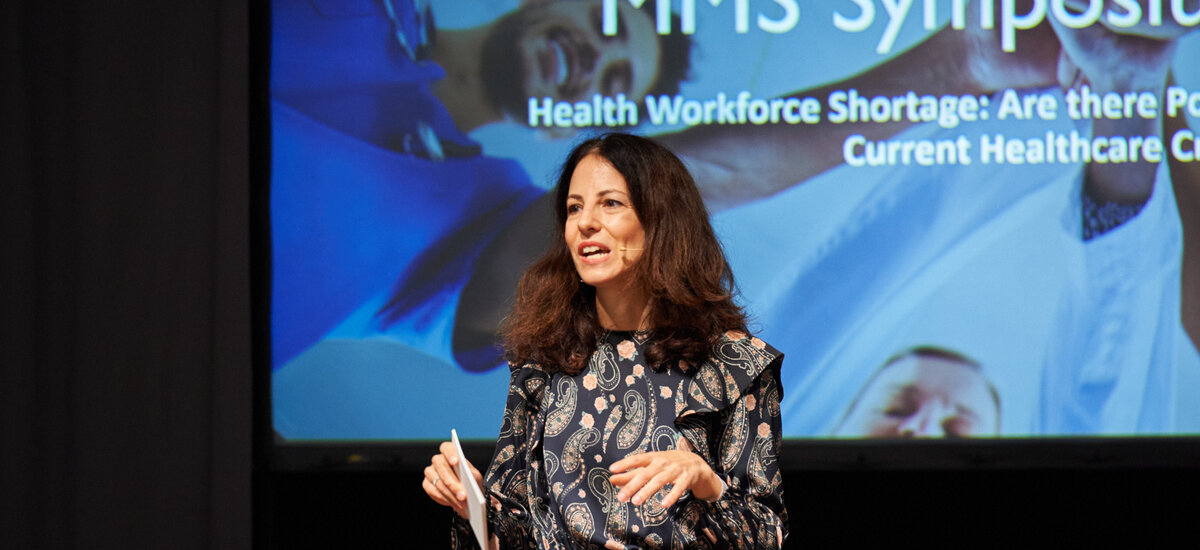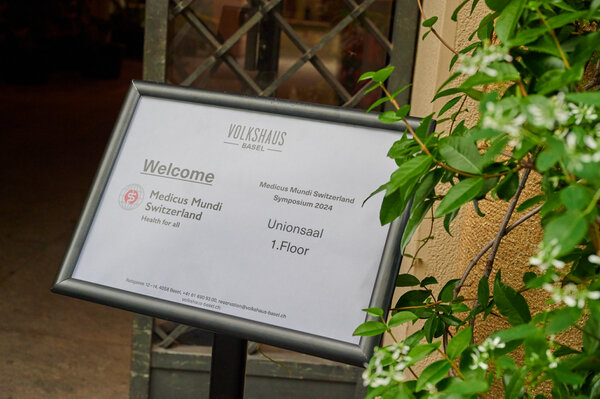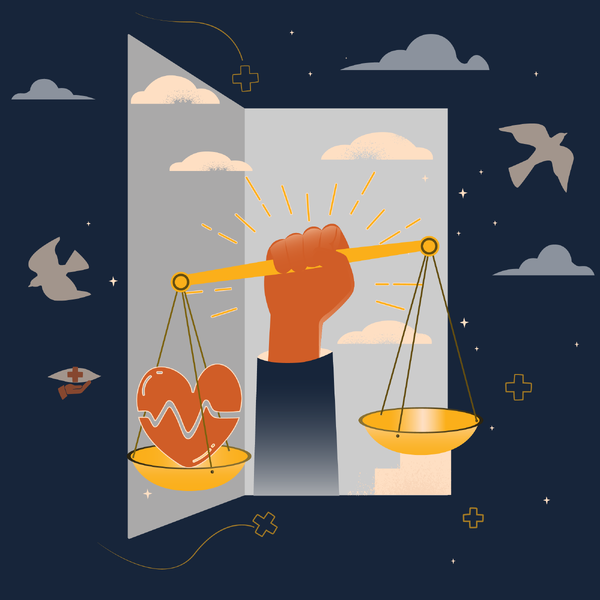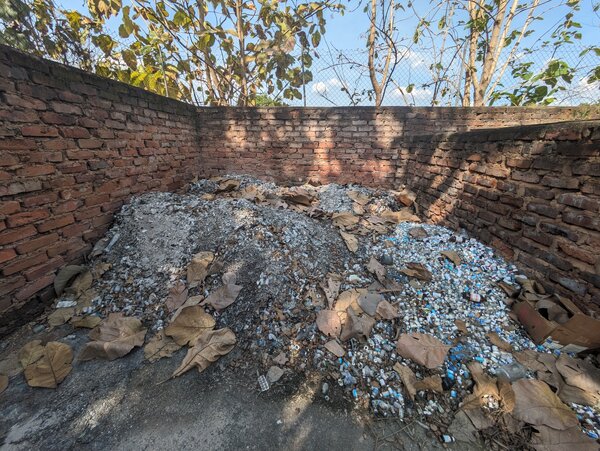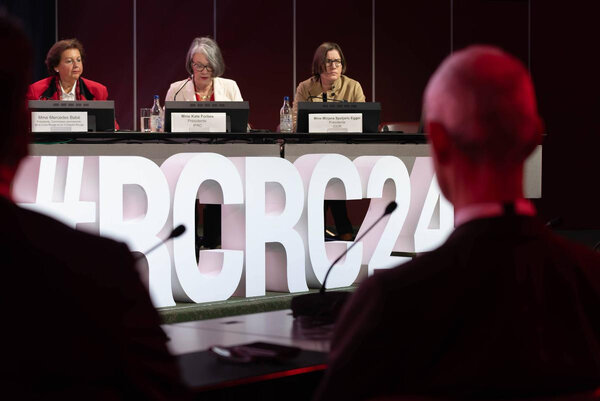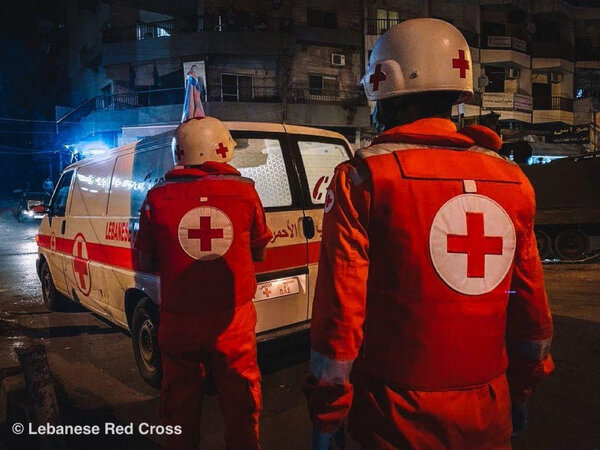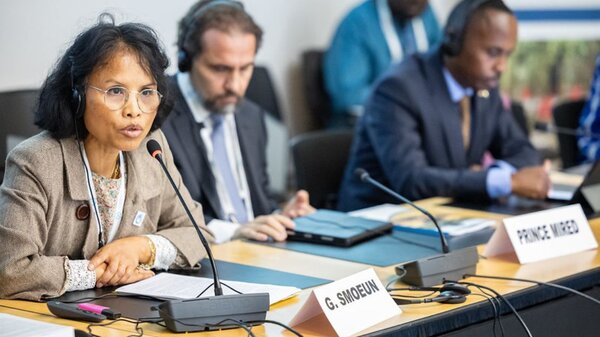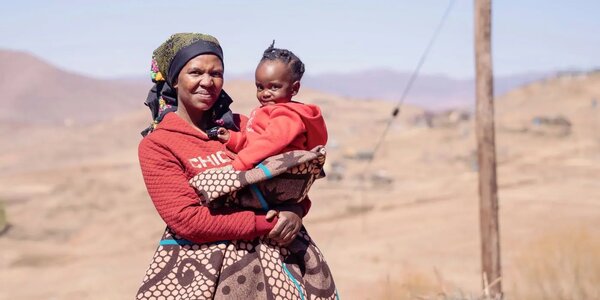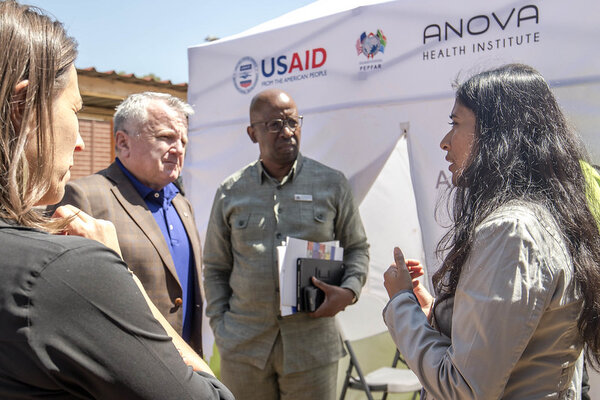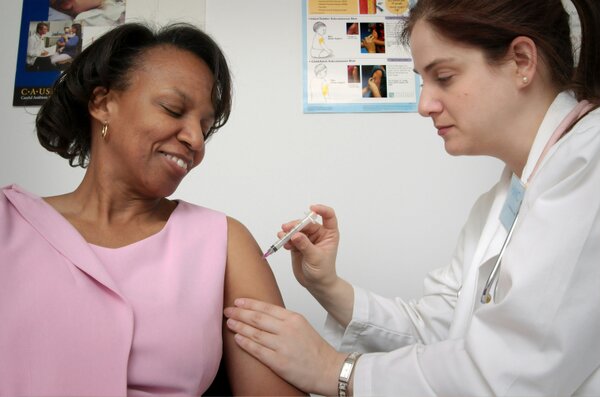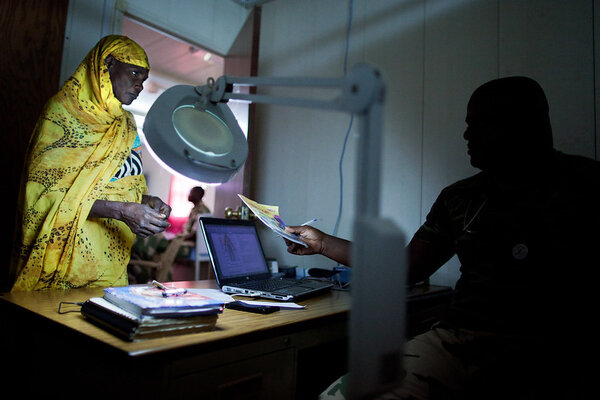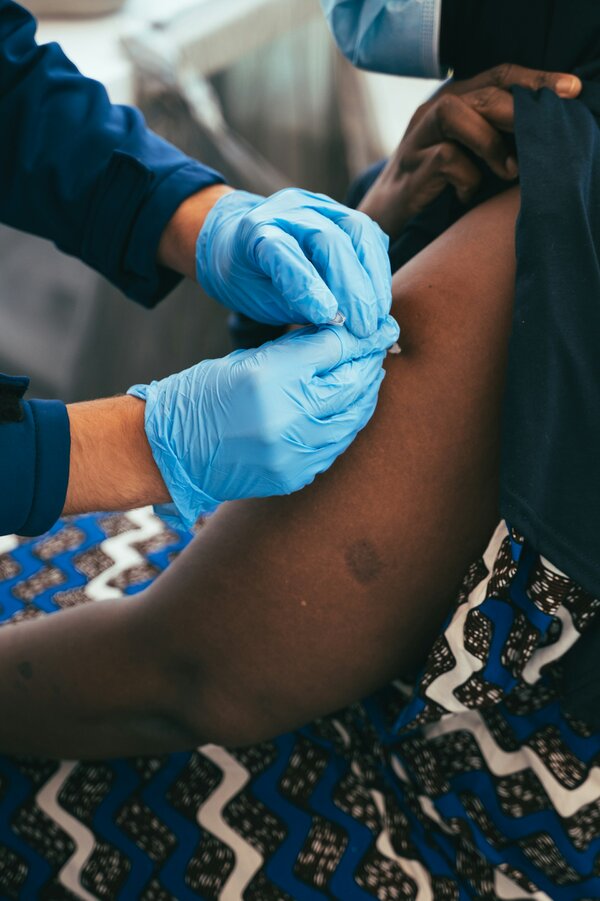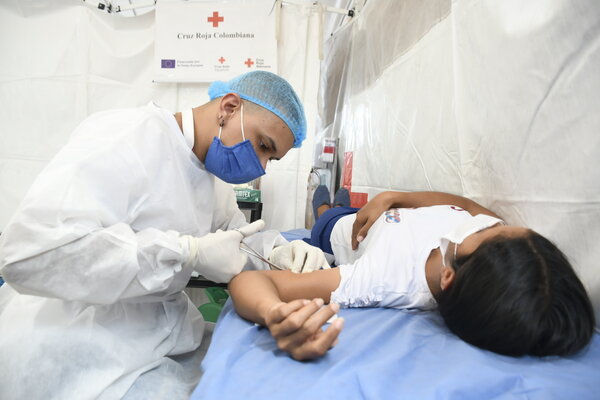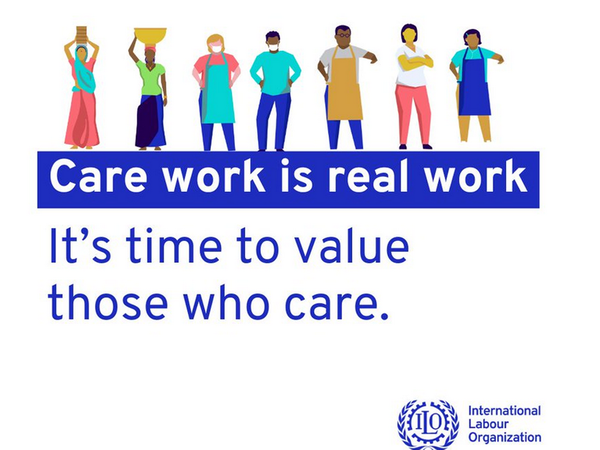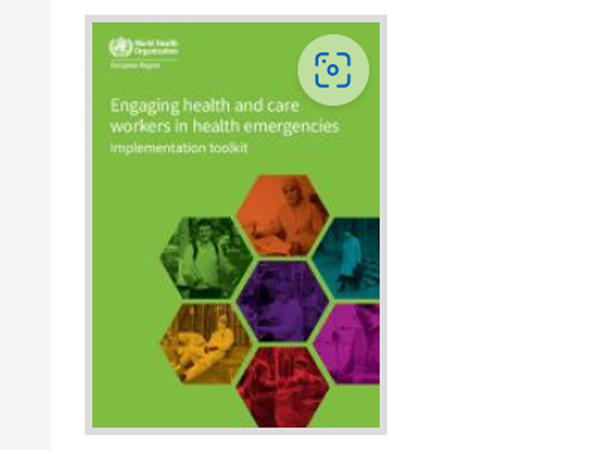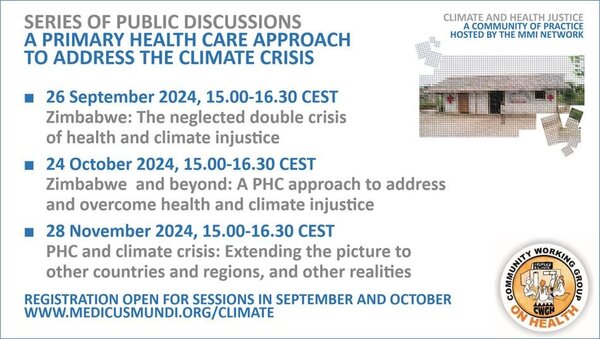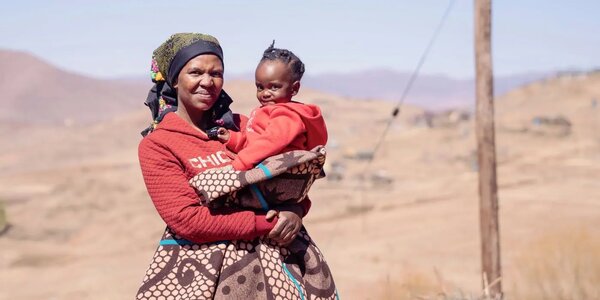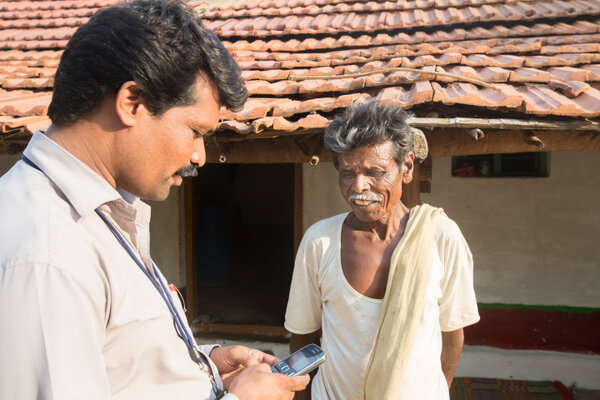Évoquer la question de la pénurie mondiale de personnel de santé, et de sa migration, revient inévitablement à se pencher sur les systèmes de santé. Comment les concevoir pour qu’ils puissent disposer de suffisamment de personnel pour répondre aux exigences en constante évolution ? Comment en structurer le financement pour offrir un environnement de travail attrayant que les personnels de santé ne cherchent pas à fuir, au sens propre du terme ? Comment gérer le système pour que le personnel adéquat, avec les bonnes compétences, se trouve au bon endroit ? À quelle technologie recourir pour que ce personnel puisse effectuer son travail de manière efficace ?
Droit et dignité
Tout système de santé est constitué de diverses composantes : le personnel de santé, le financement de la santé, la gouvernance, la médecine et la technologie. Autant de domaines sur lesquels il est possible, et souhaitable, d’agir pour piloter l’ensemble du système.
Toutefois, lors du symposium de cette année, un point est clairement ressorti de toutes les contributions et de tous les débats. La composante « ressources humaines » d’un système de santé ne repose que sur les êtres humains. Dans nos hôpitaux, lorsque le personnel de santé s’effondre, terrassé par le burn-out, lorsque des soignantes peinent à nourrir leur famille ou lorsque des médecins quittent leur pays parce qu’ils sont menacés par l’État, lorsqu’ils dénoncent publiquement de mauvaises conditions de travail, il devient alors évident que les systèmes de santé ne peuvent fonctionner sans respecter les droits fondamentaux et la dignité des personnes.
Martin Leschhorn Strebel
Réseau Medicus Mundi Suisse
E-Mail

